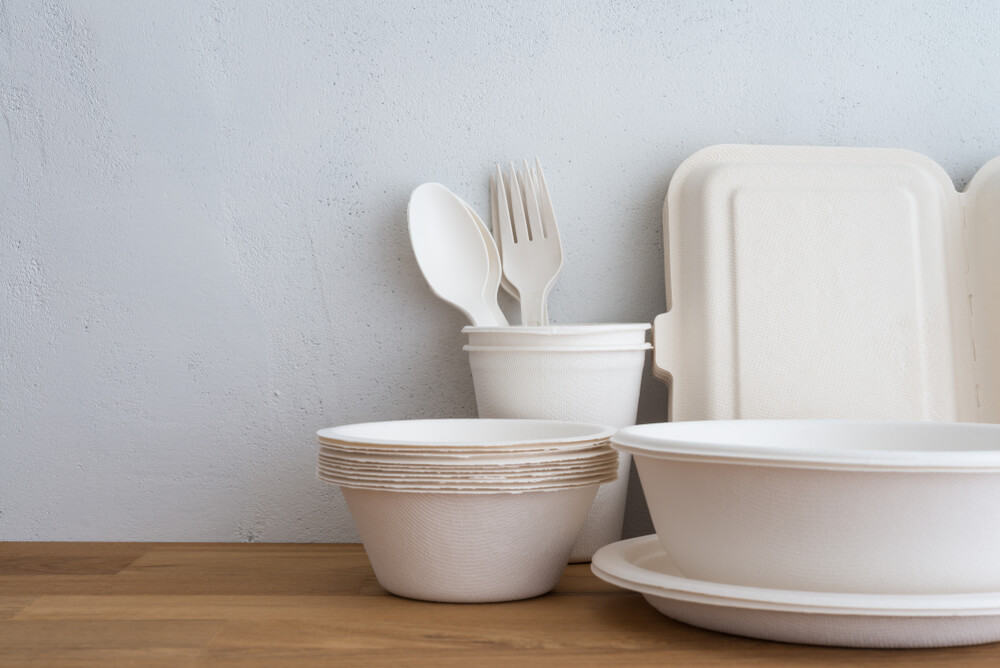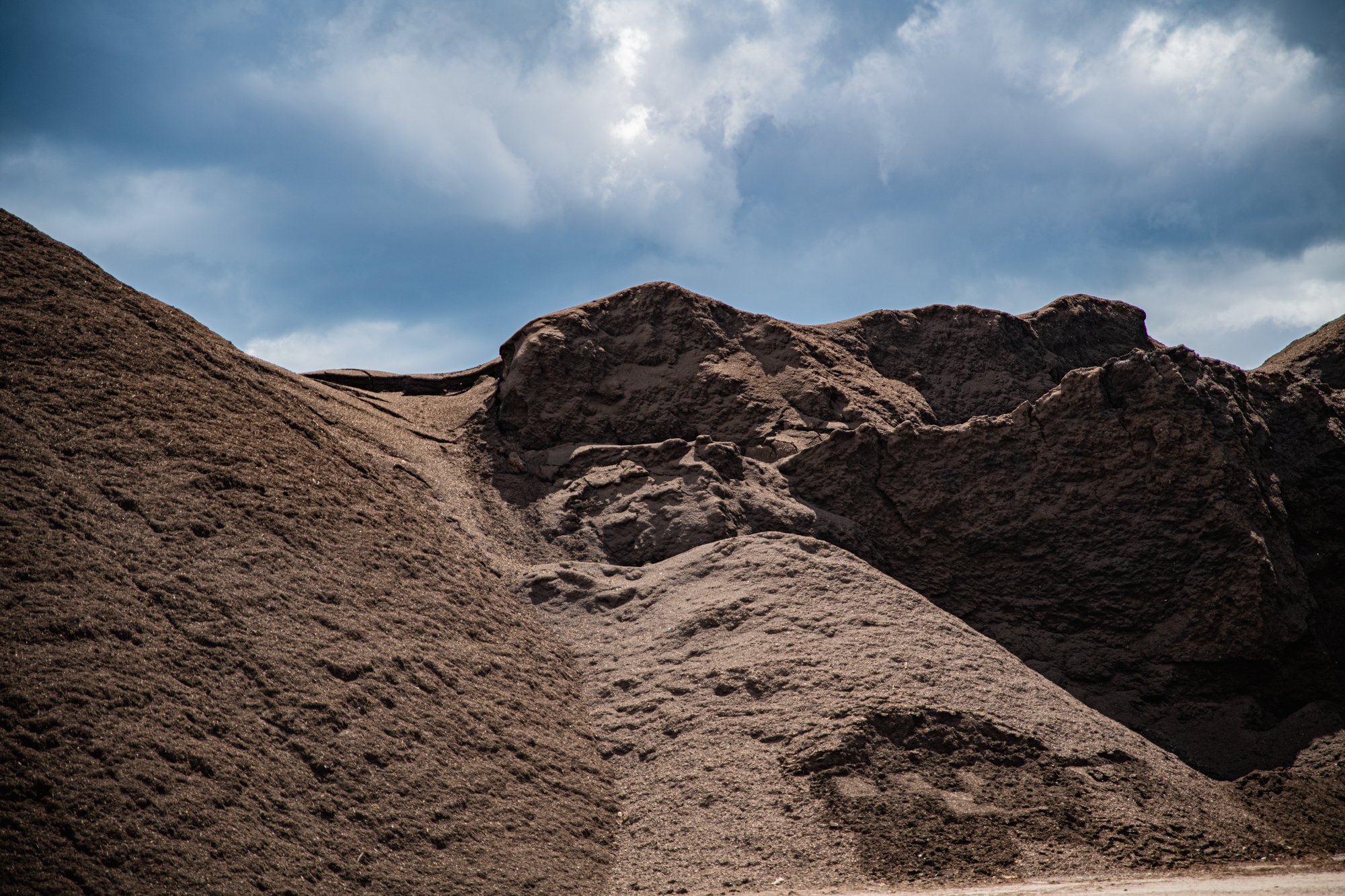
In a world that’s full of people who try their best at protecting the environment, one can easily be misled to believe that certain products are compostable when they actually aren’t. In fact, many products such as cups, plates, cutlery, napkins, and more display “green” designs or incorrect labeling that claim to be compostable—a method known as “greenwashing.”
These greenwashed products may claim to be compostable or just look like their compostable counterparts. Either way, when improperly disposed of, they can cause significant problems in the composting process, as they often do not contain compostable materials at all. When non-compostable items make their way to the SMSC Organics Recycling Facility, the load is considered contaminated and will not be accepted. This is an essential call to make because contaminated loads of waste can have a very negative impact on the quality and effectiveness of compost and compost blends.
Words and phrases like “biodegradable,” “made from plants,” “sustainably sourced,” “from sustainably managed forests,” “made from renewable resources,” “marine biodegradable,” etc. are all commonly used on greenwashed products and do not mean that they are compostable. Most of these products should actually go into the trash.
It is also important to note that the term biodegradable does not mean compostable. Biodegradable products will break down in some undefined period of time, which could be 200 years from when they are disposed of. Compostable products will break down in the typical composting process within six months or less.
A lot of times the product designs themselves can also mislead consumers to think an item is compostable when it might be far from it. Take a coffee cup for example. Some cups are brown and have green leaves on them, but the label might contain the words “recyclable, if your facility accepts food-solid paper.” The truth is that virtually no recycling facilities accept these items. It is best to throw these products straight into the trash.
While there are some paper product companies that try to capitalize on consumer efforts to be more sustainable, the bottom line is that if a product does not clearly state “compostable,” then you should not place it into an organics bin. If you have questions about whether or not products are compostable, you can reach out to our team at the SMSC Organics Recycling Facility or reference our accepted and unaccepted items page HERE.


